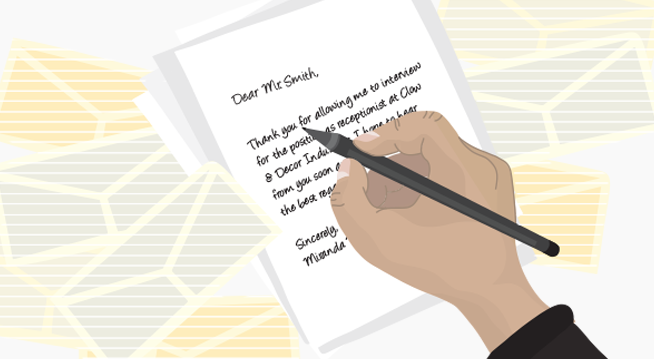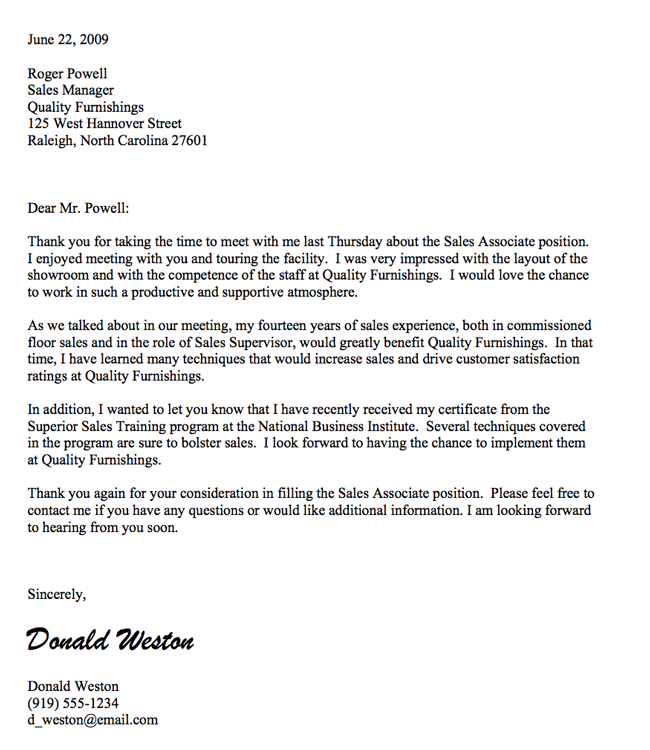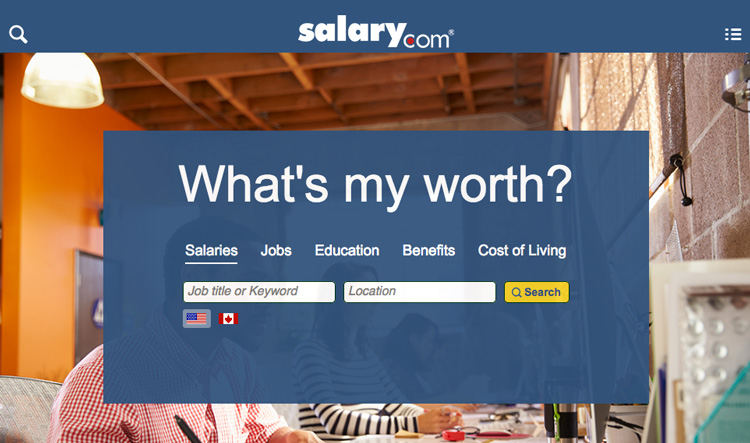Lesson 4: Following Up After an Interview
/en/interviewingskills/what-to-do-during-an-interview/content/
Following up after an interview
Completing the interview does not mean you are finished. There are several things you should do afterward to make the most out of your interview.
This lesson will explain how and why you should reflect on your interview and give you some samples of follow-up emails and thank-you letters. It will also discuss ways to evaluate a job offer, as well as how to gracefully accept or decline the offer.
Watch the video below to learn some tips for following up after an interview.
Reflect on your interview
After an interview, you may experience many emotions. Regardless of whether you feel the interview went well, you should take time to reflect on the experience. This type of reflection can help you come up with additional questions you can use in a follow-up interview or thank-you letter, and it can better prepare you for future interviews.
The Reflecting on Your Interview worksheet below can help you determine how you performed during the interview.
 Page 1 of 3. Click to open full length document in a new window.
Page 1 of 3. Click to open full length document in a new window.
Follow up with a thank-you letter
Writing a thank-you letter after your interview is one way to demonstrate your good manners. But this isn't all a thank-you letter does for you.
A thank-you letter:
- Shows the interviewer that you respect his or her time and appreciate the opportunity you have been given
- Gives you the chance to highlight key qualifications that make you stand out from the crowd
- Allows you to expressly demonstrate an interest in the position and company one more time
- Is a great opportunity to clarify something or mention whatever you may have forgotten during the interview
Writing thank-you letters
Not everyone enjoys writing thank-you letters. In fact, some people are not sure how to write one.
Click the buttons in the interactive below to learn more about writing thank you letters:
Thank-you letter tips
- If your handwriting is difficult to read, consider typing the letter. Use our Thank-You Letter Template to create a professional-looking letter. Note: The template opens in a new window as a Microsoft Word 97-2003 document. Save it to your computer and replace the template text with appropriate text of your own.
- Make sure there are no spelling or typographical errors in your message.
- If the hiring manager will be making a decision soon, you may want to send a thank-you or follow-up letter by email first, then mail your handwritten thank you.
- It is best to send the letter within the first 24 hours after your interview so your interview is fresh in your mind while you're writing the letter and fresh in the hiring manager's mind as he or she is reading it.
- If you were interviewed by more than one person, the best thing to do is to send a personalized version of the letter to each person. However, if you find that the text of each letter is identical, you may want to address one letter to the entire hiring team.
Evaluate the job offer
If you get a job offer, how should you respond? You may want to accept the job immediately if you feel that the employer is offering you a fair wage. You also may want to take some time and think it over, especially if you have other opportunities to weigh. Either way, express your enthusiasm and ask to take some time to consider the offer.
The only way to know if an offer is fair is to compare the offer to the regional average and evaluate the offer against your personal and financial considerations.
To compare the offer against the regional average:
- Consider your location—both city and state—and determine how much salary and benefits someone in your field and position earns.
- Consider your education, experience, and skill level.
- Determine whether the offer includes benefits such as medical insurance, life and disability insurance, sick/vacation/personal days, and an employee retirement program.
To evaluate your job offer against your financial considerations, answer the following questions:
- What are my—and my family's—living costs?
- How many hours will I work each week?
- How much time and money will I spend getting to work (gas and other commuting costs)?
- If I'm asked to relocate, what are the costs of moving and living in another city?
- How much will I pay for child care?
Personal factors to think about when evaluating a job offer:
- Do I expect to be successful and happy in this role and within this industry?
- Do I anticipate enjoying the culture of the organization?
- Does this job fit in with my professional goals?
- Will I be able to balance the requirements of this job against my family obligations?
Accept or decline the offer
After you have evaluated the offer, it's time to either take the job or turn it down. Both should be done politely and in writing. Today, it is common to respond to job offers via email, although regular mail may also be acceptable.
To accept the offer:
- Make sure to get all of the agreed-upon terms in writing before you formally accept.
- The employer will likely ask you to sign a letter or form that lists the job duties, salary, benefits, and any other conditions. By signing, you are agreeing to the terms and are expected to honor your commitment.
- Write a letter of acceptance—like the sample below—that restates the terms of your agreement in your own words and indicates your pleasure in joining the company. This can prevent misunderstandings between you and the employer.
Review our example to see what a good acceptance letter should look like. To download and print a copy of your own, click the image below.
 Click to open full size document in new window
Click to open full size document in new window
If you decide to decline an offer:
Call the person who interviewed you to discuss your decision. Then follow up with a letter—like the sample seen below—that thanks the interviewer for the offer and explains why you have decided to decline. Remember to keep the tone of your correspondence professional and courteous.
If you're sending an acceptance or declining letter via email, you don't need to include the date, return address, or mailing address at the top of the page. Just include your own address and other contact information—such as your email or phone number—below your name in the signature area.
/en/interviewingskills/what-employers-cant-ask/content/



 Page 1 of 3. Click to open full length document in a new window.
Page 1 of 3. Click to open full length document in a new window.

 Click to open full size document in new window
Click to open full size document in new window